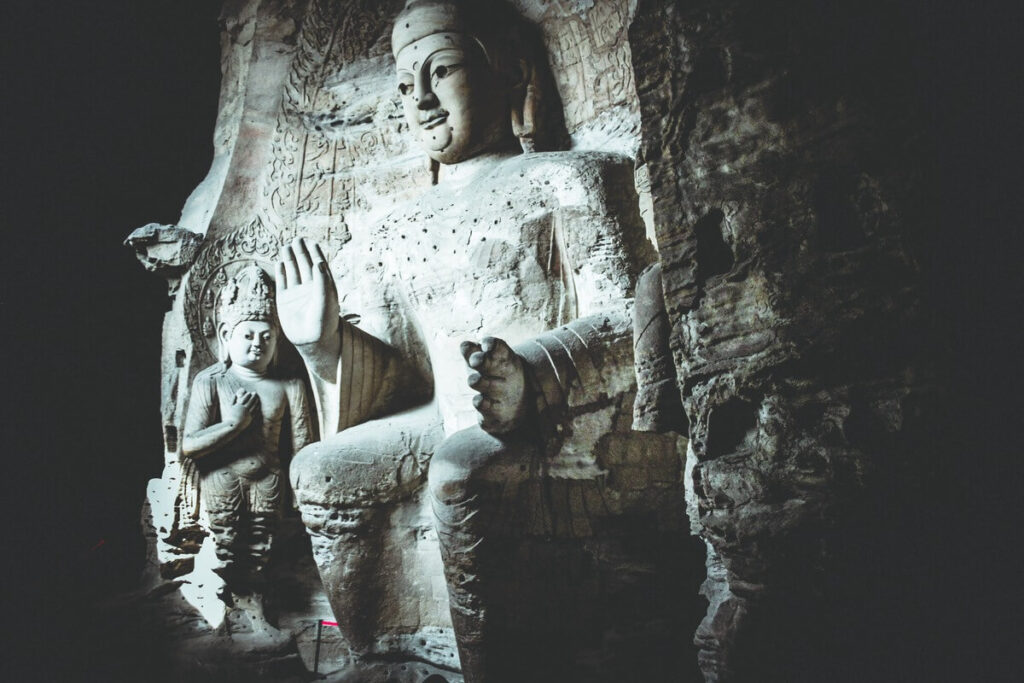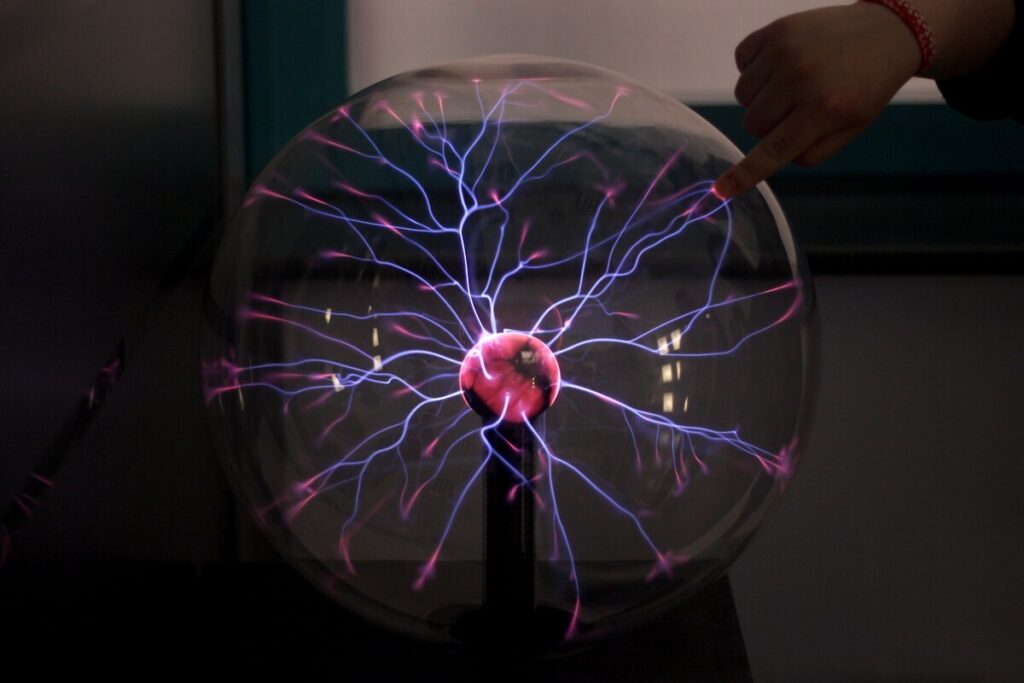The Search for God Page 5.6.1
The Religion Buddhism
Though Buddhism may use the karmic system and the idea of reincarnation, Buddhism is truly its own system of thought. Though after studying the “religion” I think this is more philosophy.
Though Buddhism recognizes god and other realms, the source of knowledge is not some higher being from those realms, but from man himself.

The first enlightened being was a man, Buddha, where the name Buddhism comes from. The first observation is that Buddhism recognizes universal truth and the idea of ultimate reality.
For the Buddhist, everything changes, but there still exists an ultimate reality with the truth behind it. The challenge here comes from the origin of our knowledge about these realms and nirvana. It is clear from Buddhist teachings that knowledge is obtained through mediation by a human.
Again, these humans utilize their senses, reason, and imagination. The bodhisattvas, the enlightened humans, are the teachers, but their claim to all-knowledge is limited.
Even Buddha, when asked about the beginning of the universe, focused on this moment, not the future or the past. In keeping with the ideas of Buddhism, I understand that there is no demonstration of any being possessing all-knowledge and supportive proof of all-knowledge.
Here again, we have a situation that could be made up just like the Marvel universe. The Buddhist system answers the big questions of ultimate reality without providing the verification of knowledge. There is no prophecy, there is no being outside of time.
The only important being is “the self.” According to BuddhaSasana “Knowing that no external sources, no faith, or rituals can save him, the Buddhist feels the need to rely on his own efforts. He gains confidence through self-reliance.
He realizes that the whole responsibility of his present life, as well as his future life, depends completely on himself alone.” While this reliance on the self is admirable, we cannot rely on our own knowledge for ultimate reality and have no assurance that any steps we take will be achieved.
Man, The Higher Power In Buddhism
The long and the short is that Buddhism has no God. There is no communication from an eternal, timeless being. We have only our own knowledge and the knowledge of other humans to rely upon.
If we determine that no greater God speaks, then we might have to revisit this “old” philosophy, but even then, I would have to remain agnostic. If some other human tells me to meditate on a pink elephant in the sky who will save me, you know what?
I can conjure up a pink elephant. If another human describes a mystical god realm with a being 1000 feet tall, I can imagine that.

This has been my thrust all along. We need verification of knowledge. Buddhists claim we must rid ourselves of illusion and delusion as part of the path toward nirvana
Buddhists then claim that reality, since it is changing, is an illusion. How do we know that nirvana is not an illusion? Buddhists argue that nirvana (or nibbana) is the opposite of changing and suffering, and the state can be achieved in this life.
So nirvana is as much a place as a state of mind. If nirvana is a state of mind and this reality is always changing and this world consists of illusions. How do we know with certainty that nirvana is real? The Buddhist says to trust the Four Noble Truths and the Eightfold path, effort, concentration, and resolve.
The Buddhist premise is that suffering is what we are seeking a solution for not death. Buddhists recognize the law of morality, the law of cause and effect, the law of change, and the law of death.
Yet, Buddhists don’t recognize a need for a moral lawgiver, but from where do we get the idea of morality? Buddhists recognize that things change and deny there is anything unchanging.
There is no talk about things having an identity outside of change and cause and effect, so as to require an all-knowing being. I haven’t touched on the law of non-contradiction and the idea of illusion and reality in Buddhism.
But I have read enough to realize that Buddhists believe and I conclude the following:
For all of these reasons, I declined to explore Buddhism any further. Although I might revisit Buddhism if I don’t find signs of a greater God who should exist.
What Next?
- What is the crucial concept?
- Buddhism is a human discipline, rooted in Hinduism, devoid of God.
- Why is that significant?
- God does not communicate or exist in Buddhism.
References And Links
- Does Buddhism claim God spoke?
- BuddhaSasana – Nibbana
- BuddhaSasana – Do It Yourself
- BuddhaSasana – The Ultimate Truth
- Himalayan Academy – Karma and Reincarnation

Leave a Reply